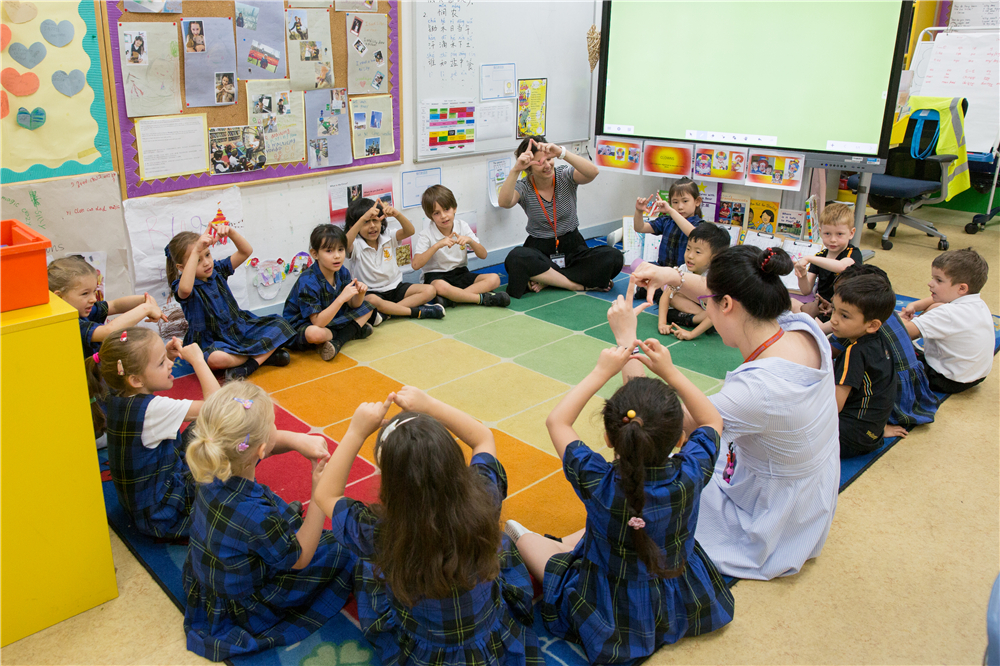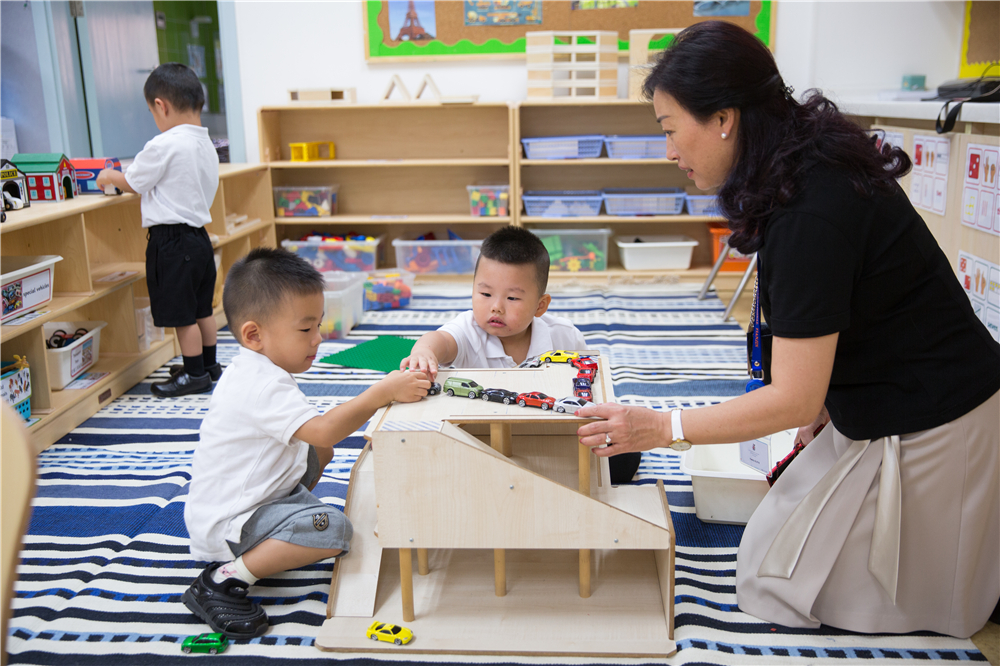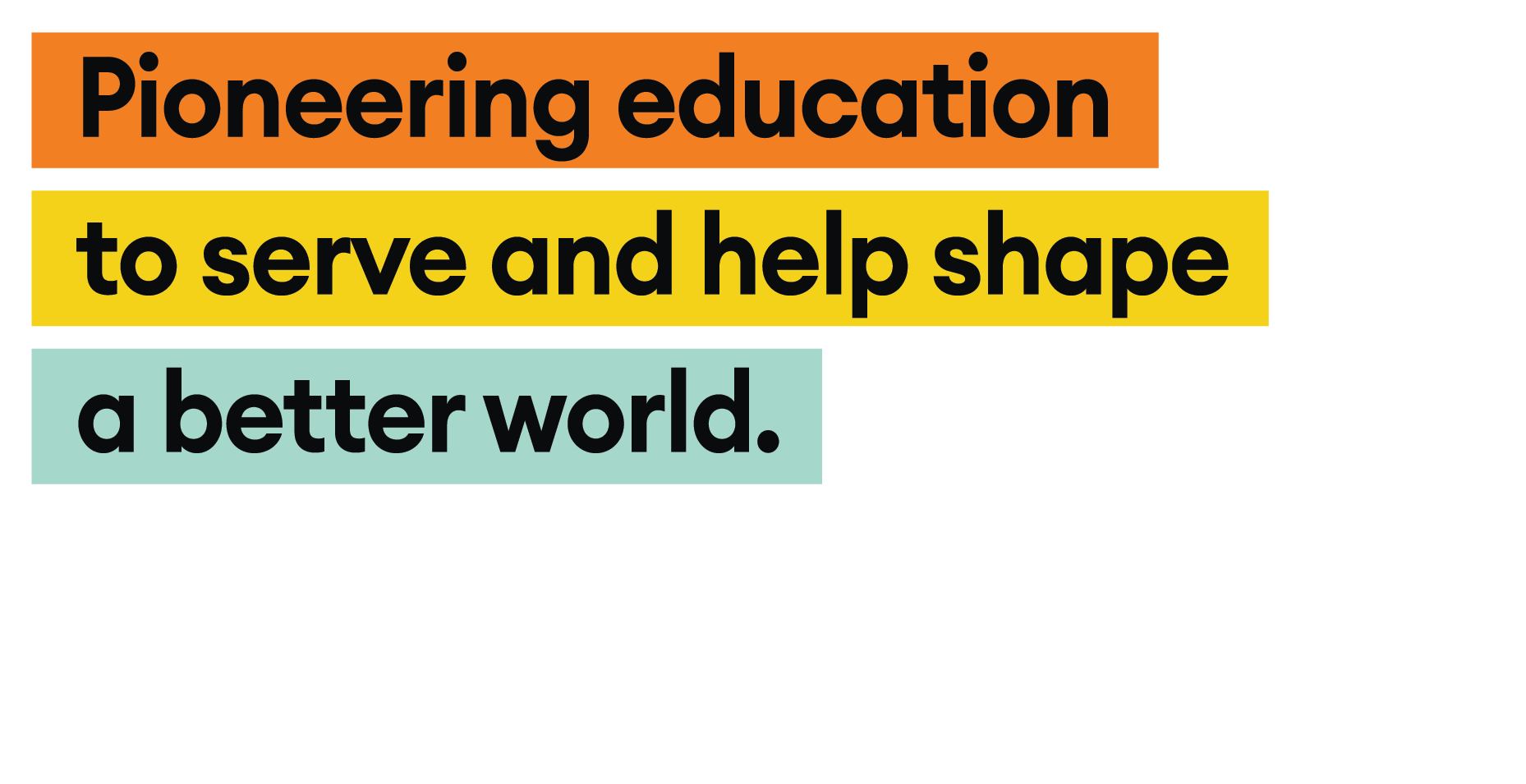Educational Insights | How to support your children at school?
02 Sep 2019
 Dionne Zantua
From the Head of Early Years
Dionne Zantua
From the Head of Early Years






Related Articles

Preparing Your Little One for the Start of School15 Aug 2024
Lisa LiCo-Head of Early YearsAs we approach the end of summer break, I wanted to take a moment to reach out and check in with every one of you. I hope that you all are doing well and that your summer
Read More

Wellbeing & Involvement of Young Children06 Mar 2025
Ms Zelda RyanYear 1 Teacher / Student Counselor (whole school) / Well-being coordinator of Nest In early childhood education, the provision and assessment of wellbeing and involvement are crucial for
Read More

Global Cuisine Event Highlights in Wellington10 Jan 2025
Last semester, Wellington College Tianjin, in collaboration with Sodexo, hosted an array of vibrant food-themed events. Centred around the themes of "Global Citizenship" and "Sustainable Development,
Read More





 Channel
Channel 
 Linkedin
Linkedin  Weibo
Weibo  Facebook
Facebook  Ins
Ins 







